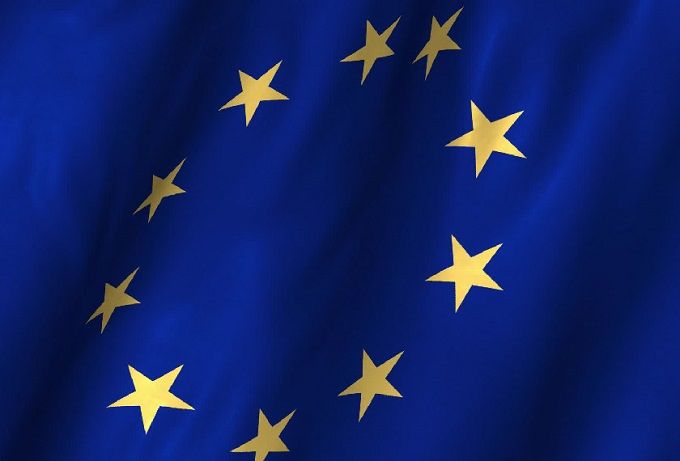EU approved new list of offshore companies: 15 countries in the black list

On March 12, 2019, the European Commission approved the final list of countries that are offshore jurisdictions. Earlier, the media have already reported that the 5 previously enrolled countries (American Samoa, Guam, Samoa, Trinidad and Tobago, as well as the Virgin Islands), the EU will add another 10 states. They were included in this list due to the “failure to implement measures to combat money laundering and insufficient measures to legalize income obtained by illegal means”.
The final verdict of the European Union also applies to those jurisdictions that fall into the so-called “gray list”. The document also refers to the list of countries that may be out of the EU restrictions by the end of 2019. They are required to carry out the necessary legal changes in tax control systems, as well as to modernize controls in the framework of the fight against money laundering and operations with assets of suspicious origin.
At the moment, the EU’s “black list” of offshore companies looks like this:
- American Samoa
- Aruba
- Barbados
- Belize
- Bermuda
- Fiji
- Dominica
- Guam
- Marshall Islands
- Oman
- Samoa
- Trinidad and Tobago
- United Arab Emirates (UAE)
- US Virgin Islands
- Vanuatu
The European Commission also drew attention to a number of countries that are transforming their tax and financial policies. Being under the scrutiny of the EU, these jurisdictions continue to gradually improve the methods of tracing all assets that may come under the suspicion of regulatory authorities. Among the most successful countries, which are may receive a mark increase in the Global Forum Ranking, are:
- Anguilla
- Curacao
- Jordan
- Namibia
- Palau
- Turkey
- Vietnam
The European Union also notes the fact that a number of countries in 2019 will ratify and sign the General Administration Convention of the OECD, which will help revise further restrictive measures on financing and improving the economic climate of countries. This list includes the following countries:
- Armenia
- Bosnia and Herzegovina
- Cabo Verde
- Eswatini
- Jordan
- Maldives
- Mongolia
- Namibia
- North Macedonia
- Palau
- Serbia
- Thailand
The special attention of the EU decision is focused on the tax system. Here, the resolution noted that in some countries there remains a “harmful system of tax control”, which is still undergoing changes. However, as of 2019, these countries are introducing new regulatory tools to simplify the collection of fees and charges. These include
- Costa Rica
- Cook Islands
- Maldives
- Morocco
- Switzerland
- Namibia (the regime will be canceled on November 9, 2019).
In addition, the resolution specifies the list of states that will finally remove the rigid system of tax regulation:
- Antigua and Barbuda
- Australia
- Curacao
- Jordan (will remove it by 2020)
- Mauritius
- Morocco
- St. Kitts and Nevis
- Saint Lucia
- Seychelles
The EU resolution draws attention to the issues of economic substance. Also, the governing bodies of the European Union recommend beginning the transformation of legislation on taxes, accounting and opening up access to public registers of the owners (beneficiaries) of companies. This includes
- Bahamas,
- British Virgin Islands
- Cayman Islands.
At the end of the EU resolution, the successes of countries that have adopted BEPS framework programs in their work or implemented the specified conditions in the framework of cooperation with OECD are noted. Among the participants are
- Albania,
- Bosnia and Herzegovina,
- Eswaniti,
- Jordan,
- Morocco,
- Namibia,
- Montenegro.
The Law and Trust International provides an opportunity to register your company abroad. For the detailed information about the procedure and its features in each individual country, please contact our managers.





























































